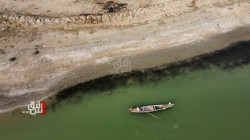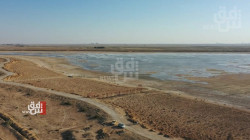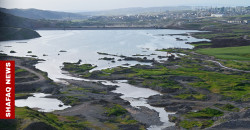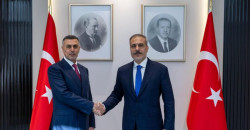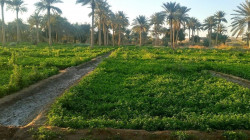Iraq's water apocalypse: Kurdistan minister demands dams to avert disaster
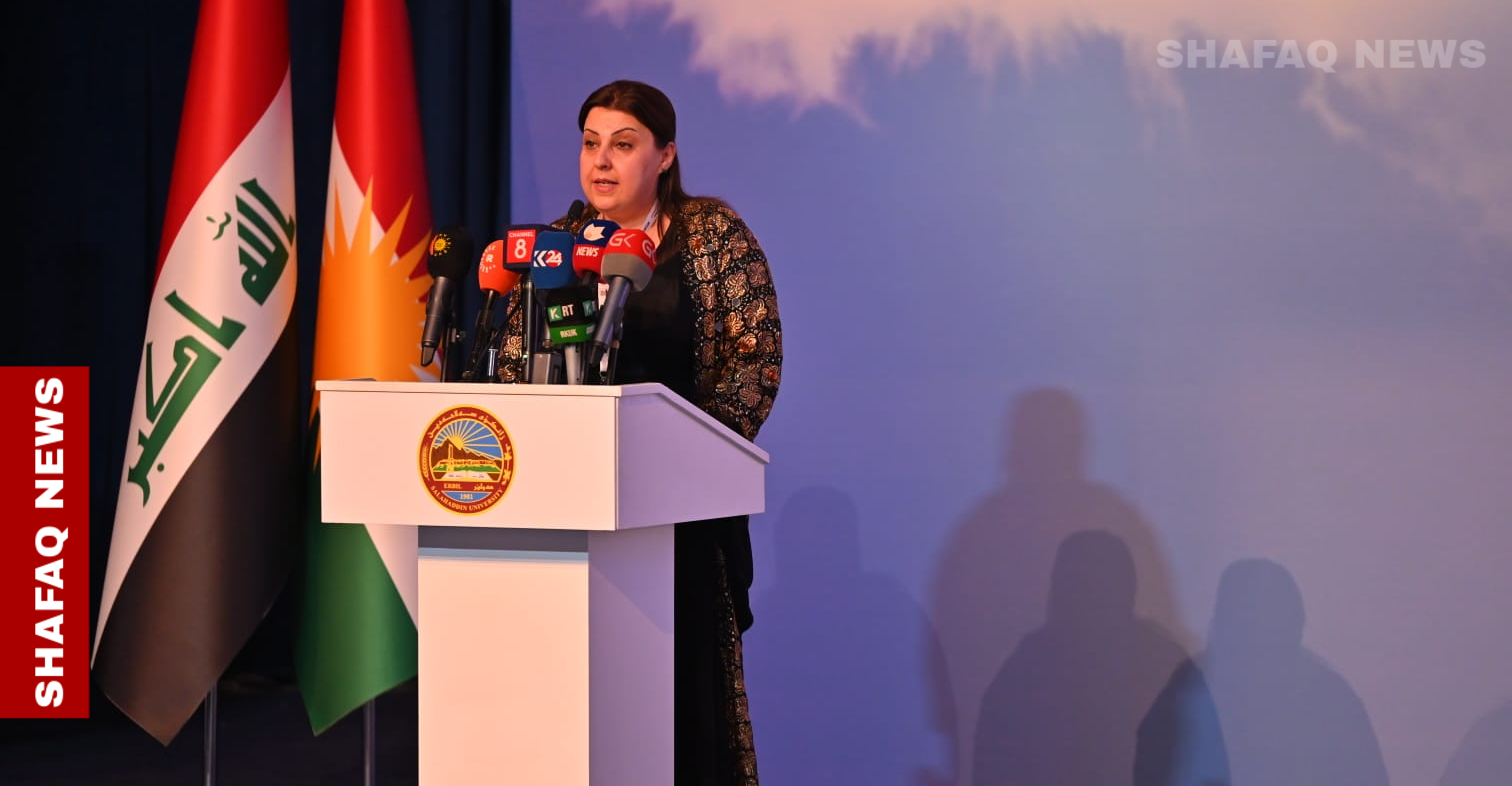
Shafaq News/ Iraq could lose part of its water reserves due to climate change, desertification, and the diversion of river courses by neighboring countries, along with the construction of dams on river outlets, Kurdistan’s Minister of Agriculture, Bekar Talabani, warned on Tuesday.
In her opening speech at the international climate changeconference held at Salahaddin University in Erbil, Talabani called for the urgent construction of four new strategic dams in the Region to preserve water resources.
"We have taken significant and precise steps with the federal government to coordinate efforts against climate change and to develop a joint plan to mitigate its risks," Talabani said.
She noted that the neglect of this issue has led countries, despite having two rivers, to head toward desertification, losing fertile land and facing declining water resources, which in turn leads to population displacement, the spread of diseases, and a loss of food security.
The minister highlighted that the situation in the Kurdistan Region is relatively better compared to central and southern Iraq.
"However, we cannot ignore the reality that the overall decline in conditions across Iraq will affect the situation in the Region," she said, especially about displacement from other Regions and cities of the country.
Kurdistan Region currently has three strategic dams: Dukan, Darbandikhan, and Duhok. The first two provide 30% of Iraq’s water reserves. Proposed plans include building new dams in the Greater Zab Region, on the Khasar River, and the Small Zab River, along with additional dams in other provinces within the Region.
"Despite our efforts over the past five years and our communication with the President and the Prime Minister on this matter, we have not been able to secure the financial resources needed for these dams, and this is a growing concern for Iraq’s water reserves," Talabani stressed.
Iraq is among the five countries most vulnerable to the impacts of climate change, according to the United Nations. In late 2022, the World Bank reported that Iraq faces a climate emergency and needs to transition to a more sustainable and environmentally friendly development model, particularly by diversifying its economy and reducing its reliance on carbon.
A report by the World Bank indicated that by 2040, Iraq will need $233 billion in investments to address its urgent developmental needs, particularly in the context of moving toward greener and more inclusive growth, equivalent to 6% of its annual GDP.
Iraq has been facing a water crisis for several years, which has worsened in the past four years, with water levels dropping to unprecedented levels due to the ongoing Regional drought.
Over the past 30 years, Iraq has lost around 30% of its productive agricultural land due to climate change, according to a report by the Strategic Center for Human Rights in early 2025.
In mid-2024, the center reported that climate change had forced more than 100,000 Iraqis to flee their homes in the southern provinces of Maysan, Basra, Dhi Qar, and Wasit in recent years.
